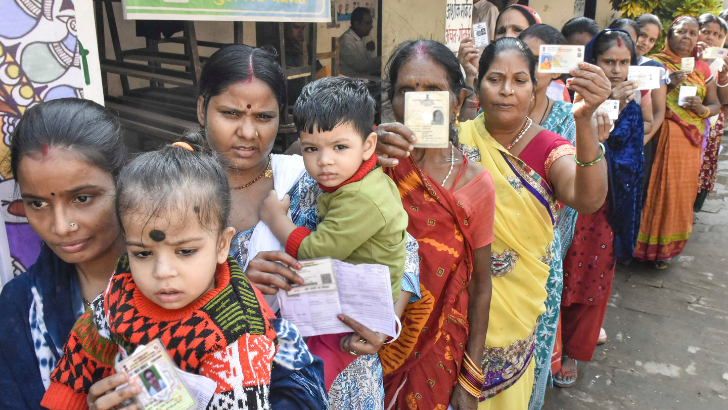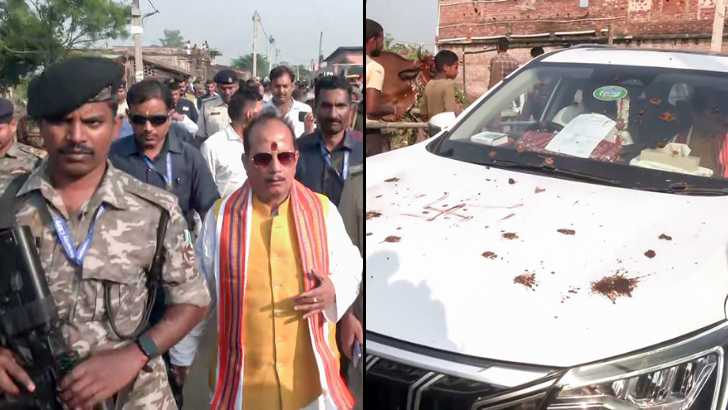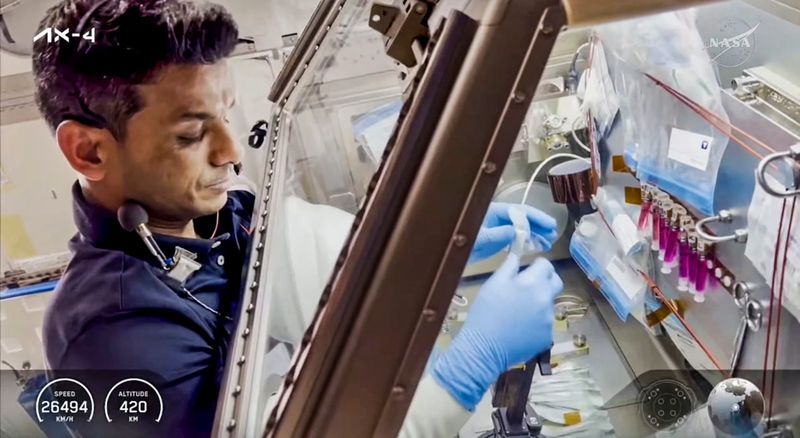Nearly half of central funds for border bunkers in J-K lie unused, reveals RTI
The revelation comes amid heightened calls for civilian safety, following last month's Operation Sindoor and the intense cross-border shelling.
PTI
-
Photo: PTI
Jammu, 29 June
The Jammu and Kashmir administration has not utilised nearly half
of the central funds allocated for building underground bunkers for border
residents over the last five years, according to information obtained through a
Right to Information (RTI) application.
The revelation comes amid heightened calls for civilian safety,
following last month's Operation Sindoor and the intense cross-border shelling.
Responding to the Right To Information application filed by
Jammu-based activist Raman Kumar, the Jammu and Kashmir Home Department said,
an amount of Rs 242.77 crore was given to the Union Territory administration
headed by the Lt Governor between 2020-21 and 2024-25. However, 46.58 per cent
of the money remains unspent.
It said Rajouri district accounted for the highest utilisation of
funds to the tune of Rs 78.05 crore followed by Poonch (Rs 44.56 crore), Samba
(Rs 42.09 crore), Kathua (37.20 crore), Jammu (17.51 crore), Kupwara (Rs 14.85
crore), Bandipora (Rs 4.33 crore) and Baramulla (Rs 4.15 crore).
India shares a 3,323-km border with Pakistan, of which 221 km of
the International Border (IB) and 744 km of the Line of Control (LoC) fall in
Jammu and Kashmir.
On 25 February, 2021, India and Pakistan announced the
implementation of a renewed ceasefire along the borders of Jammu and Kashmir,
which came as a major relief to the people living along the IB and the LoC.
India and Pakistan had initially signed a ceasefire agreement in
2003, but Pakistan frequently violated the agreement, with more than 5,000
violations reported in 2020 -- the highest in a single year.
The Centre initially sanctioned the construction of 14,460 individual
and community bunkers for Rs 415.73 crore for border residents facing Pakistani
shelling along the LoC and the IB in 2018-19.
While 7,298 bunkers were sanctioned for the population along the
LoC in the twin districts of Poonch and Rajouri, 7,162 underground bunkers got
approved for villages along the IB in Jammu, Kathua and Samba districts.
Later, the government sanctioned more than 4,000 bunkers to cover
a more vulnerable population, including the areas falling in the north Kashmir
districts of Baramulla, Bandipora and Kupwara.
According to Jammu and Kashmir chief secretary Atal Dulloo, so
far, 9,500 bunkers have been set up along the India-Pakistan border in the
Union Territory.
The bunkers proved to be a lifesaver for the border residents
during the intense Pakistani shelling last month, minimising human loss, even
as massive damage was caused to residential houses, besides the loss of
livestock.
Sharing the reply of the Home Department with PTI here, Kumar
expressed surprise over the non-utilisation of funds during the relatively
peaceful years along the borders.
"Only 53.42 per cent of the funds were utilised between
2020-21 and 2024-25," he said.
The Home Department said, "Total funds amounting to Rs
24,277.85 lakh (Rs 242.778 crore) have been given by the government of India to
the government of Jammu and Kashmir through the Finance Department J&K
during the financial year 2020-21 till date for construction of bunkers for
civilians in border districts of Jammu and Kashmir."
It said, an amount of Rs 6,918.31 was released for 2020-21, Rs
4,170 for 2021-22, Rs 8,189.54 for 2022-23 and Rs 2,500 each for 2023-24 and
2024-25.
However, the reply said that the J&K administration has only
spent Rs 12,967.869 lakh (Rs 129.678 crore) for the construction of bunkers for
civilians -- Rs 4,881.108 lakh in 2020-21, Rs 3,318.548 lakh in 2021-22, Rs
2,275.313 lakh in 2022-23, Rs 846.64 lakh in 2023-24, and Rs 1,646.26 lakh in
2024-25.
Leave a Reply
Your email address will not be published. Required fields are marked *








.jpg)


.png)






.png)
.png)
